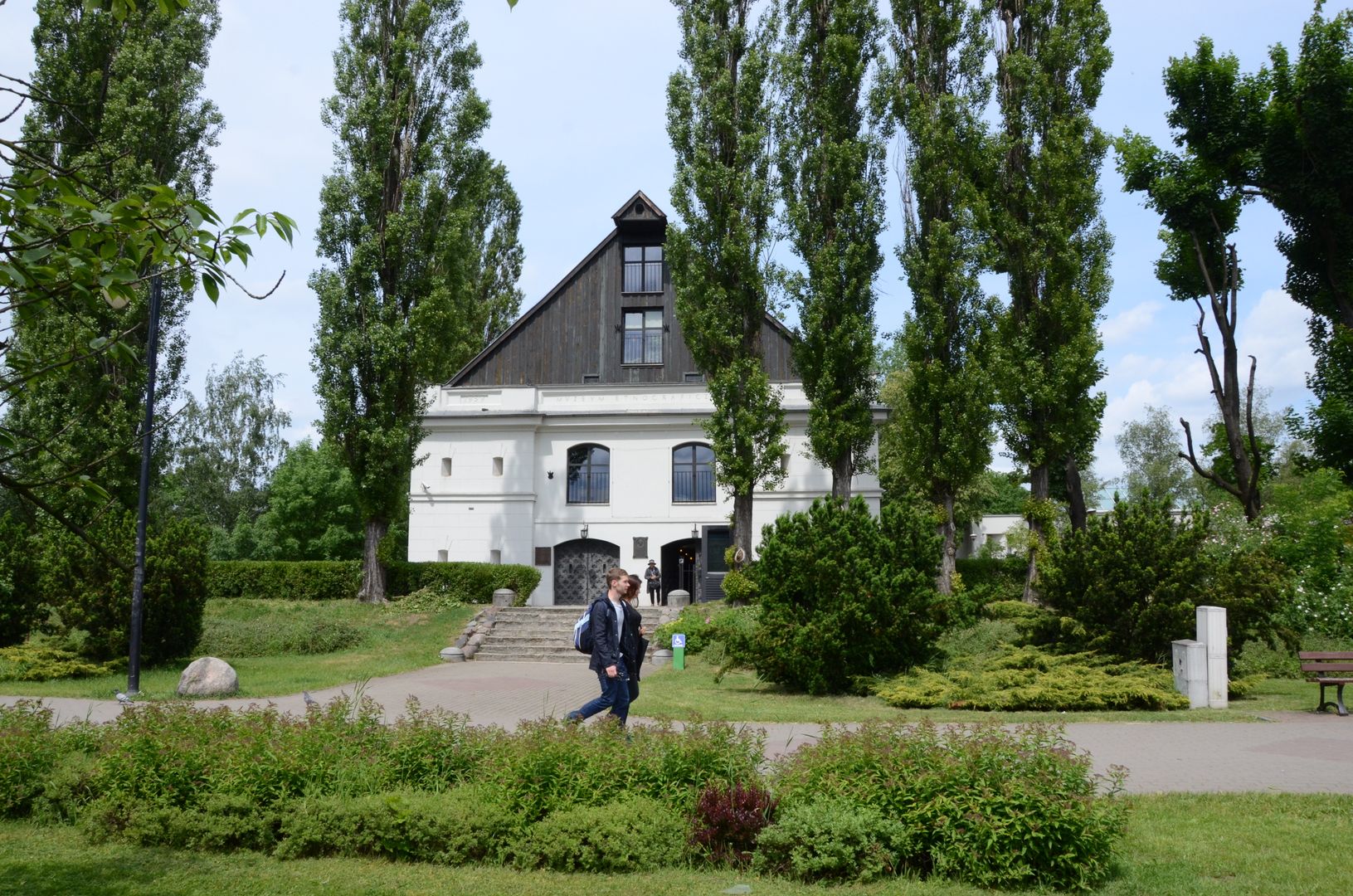Maria Znamierowska-Prüfferowa Ethnographic Museum in Toruń
7.54

Overview
The Maria Znamierowska-Prüfferowa Ethnographic Museum in Toruń was established in 1959 on the initiative of Maria Znamierowska-Prüfferowa and currently houses approximately 68,000 objects from all over Poland. The museum's history dates back to the 1940s, when an Ethnographic Department was created at the Municipal Museum in Toruń. The museum is located in a restored former artillery arsenal building, and its collections include a rich array of ethnographic materials related to the folk culture of northern Poland. The museum conducts educational activities, organizing folk art fairs and traditional music concerts. In 1969, an Ethnographic Park was opened in the center of Toruń, featuring 19 rural architecture structures and small architectural elements from the region, and in 1972, a second park was opened in Kaszczorek, focusing on fishing traditions. In 2018, the Olender Ethnographic Park was opened—the first open-air museum dedicated to the Olędrzy settlers, recreating the cultural landscape of a Vistula River village from the turn of the 19th and 20th centuries, including historic residential and farm buildings such as barns and granaries. The museum also has a rich library containing 18,000 volumes and organizes the Aspekty Visual Anthropology Festival, which promotes documentary films related to visual anthropology. Interestingly, in 1990, the museum was affected by a fire, and its founder passed away the same year, which had an impact on the institution's further development. The museum has been led by four directors successively, and the current director is Dr. Hubert Czachowski. The Ethnographic Museum in Toruń is not only an important center for the presentation of folk culture but also a place that shapes local identity and preserves the heritage of tradition.
Location
2026 Wizytor | All Rights Reserved